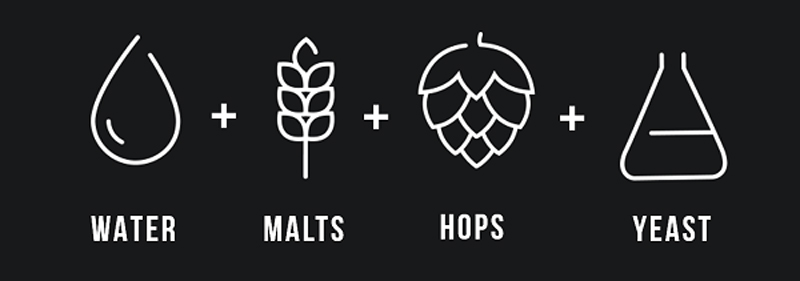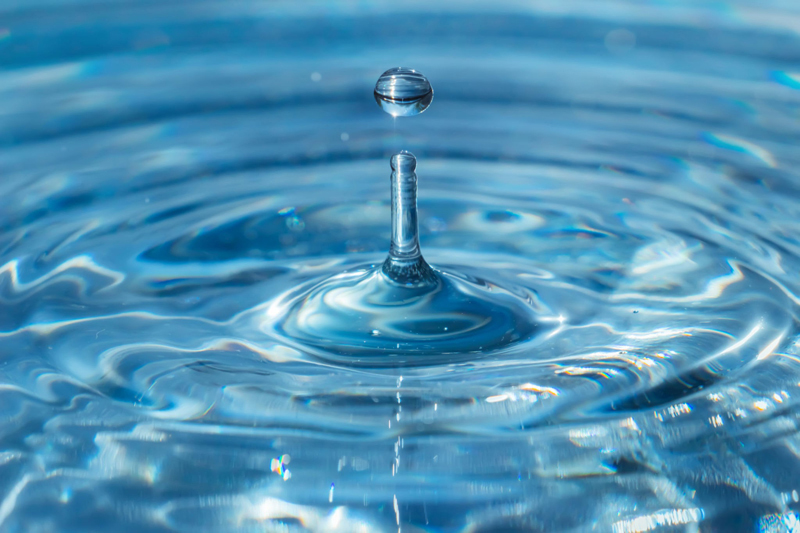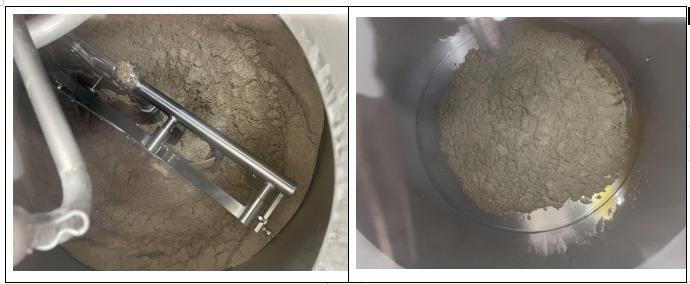Water is one of the most important raw materials in the beer brewing, and brewing water is known as the “blood of beer”. The characteristics of world-renowned beer are determined by the brewing water used, and the brewing water quality not only determines the quality and flavor of the product, but also directly affects the entire brewing process. Therefore, it is of great significance to have a correct understanding and reasonable treatment of brewing water in beer production.
Brewing water affects the beer in three ways: It affects the pH of the beer, which affects how the beer flavors are expressed to your palate; it provides “seasoning” from the sulfate-to-chloride ratio; and it can cause off-flavors from chlorine or contaminants.
In general, brewing water should be clean and free of any odors, such as chlorine or pond smells. Usually, good brewing water for conducting the mash and creating the wort should be moderately hard and have low-to-moderate alkalinity. But it depends (doesn’t it always?) on the type of beer you want to brew and the mineral character of your water.
Basically water comes from two sources: surface water from lakes, rivers, and streams; and groundwater, which comes from aquifers underground. Surface water tends to be low in dissolved minerals but higher in organic matter, such as leaves and algae, which need to be filtered and disinfected with chlorine treatment. Groundwater is generally low in organic matter but higher in dissolved minerals.
Good beer can be brewed with almost any water. However, water adjustment can make the difference between a good beer and a great beer if it is done right. But you have to understand that brewing is cooking and that seasoning alone will not make up for poor ingredients or a poor recipe.

Water Report
How do you know your water’s alkalinity and hardness? Often that information is contained in your city water report. Water reports are primarily concerned with testing for contaminants, so you will usually find Total Alkalinity and Total Hardness numbers in the Secondary Standards or Aesthetic Standards section. As a brewer, you generally want to see Total Alkalinity less than 100 ppm and preferably less than 50 ppm, but that is not very likely. You will typically see Total Alkalinity numbers between 50 and 150.
For Total Hardness, you generally want to see a value of 150 ppm or greater as calcium carbonate. Preferably, you would like to see a value greater than 300, but that is not likely either. Typically, you will see total hardness numbers in the range of 75 to 150 ppm because water companies don’t want carbonate scale in their pipes. In fact, almost every city’s tap water, everywhere in the world, is generally going to be higher in alkalinity and lower in hardness than we would prefer for brewing.
You can also test your brewing water for total alkalinity and total hardness by using a water test kit, These are simple drop-test kits similar to what you would use for a swimming pool.
What You Can Do
Once you have your water’s information, you can calculate how much of what to add. A common practice is to start with a low hardness, low alkalinity water source and add brewing salts to the mash and/or kettle.
For hoppier beer styles such as American Pale Ale or American IPA, you can add calcium sulfate (gypsum) to the water to make the beer taste drier and have a crisper, more assertive bitterness. For maltier styles, such as Oktoberfest or Brown Ale, you can add calcium chloride to the water to make the beer taste fuller and sweeter.
Generally, you don’t want to exceed 400 ppm for sulfate or 150 ppm for chloride. Sulfate and chloride are the seasoning for your beer, and their ratio will affect the flavor balance to a large degree. A hoppy beer will generally have a sulfate-to-chloride ratio of 3:1 or higher, and you don’t want both of them to be at their maximum because that will just make the beer taste like mineral water.
Post time: Jan-26-2024



